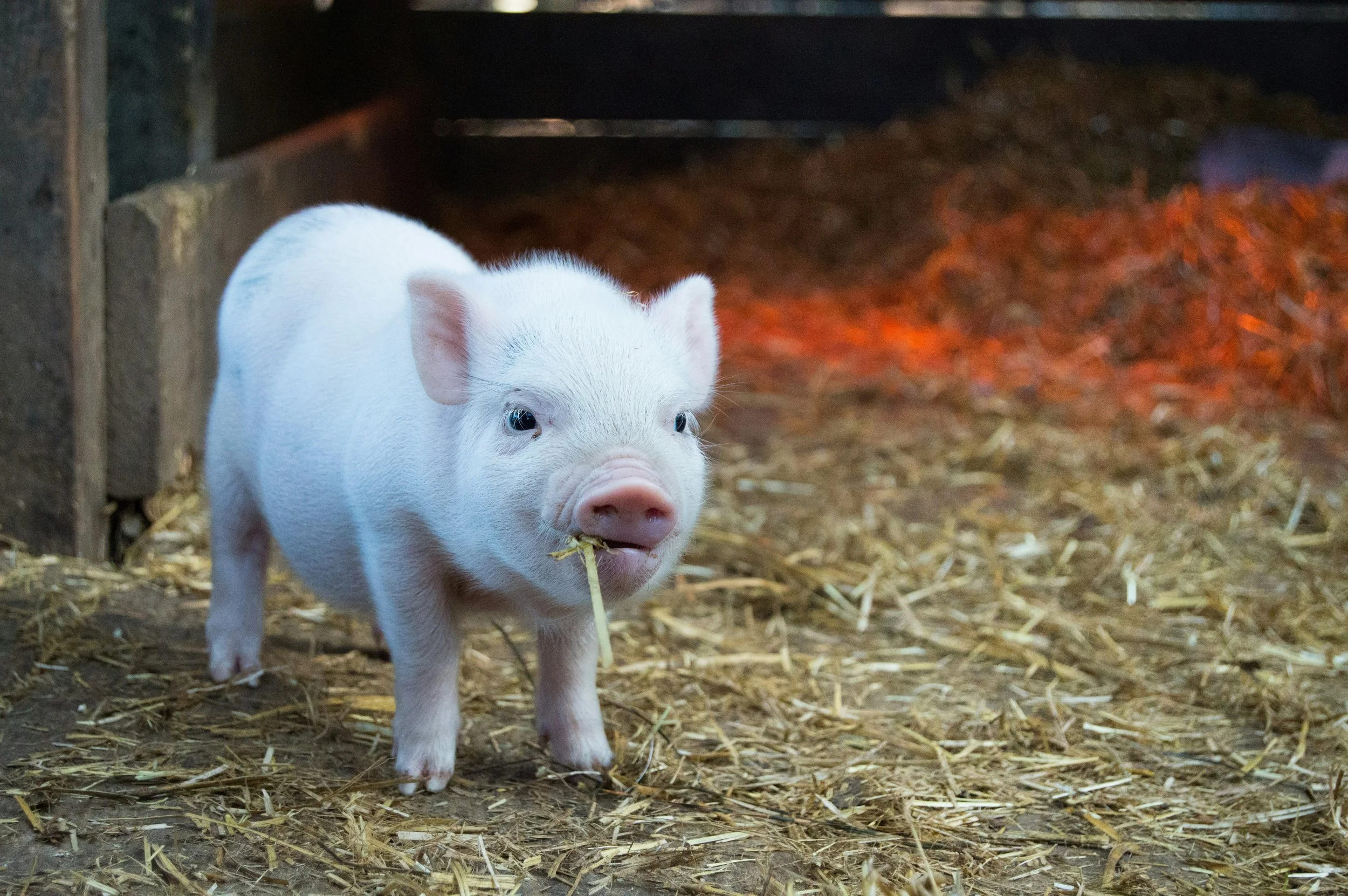Blog By: Julia Ray
In her blog, 3L Staffer Julia Ray discusses the use of synthetic food dyes in the United States and the negative impact these dyes have on human health and the environment. The United States Food and Drug Administration (FDA) acknowledges the possibility of negative health effects on individuals but places the burden on the consumer to avoid dyes if they choose. Ray argues that the negative effects of synthetic dyes—along with the fact that they add no nutritional value to food—results in the need for banning their use.














